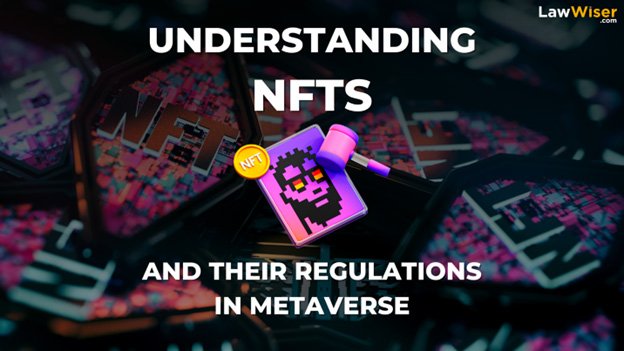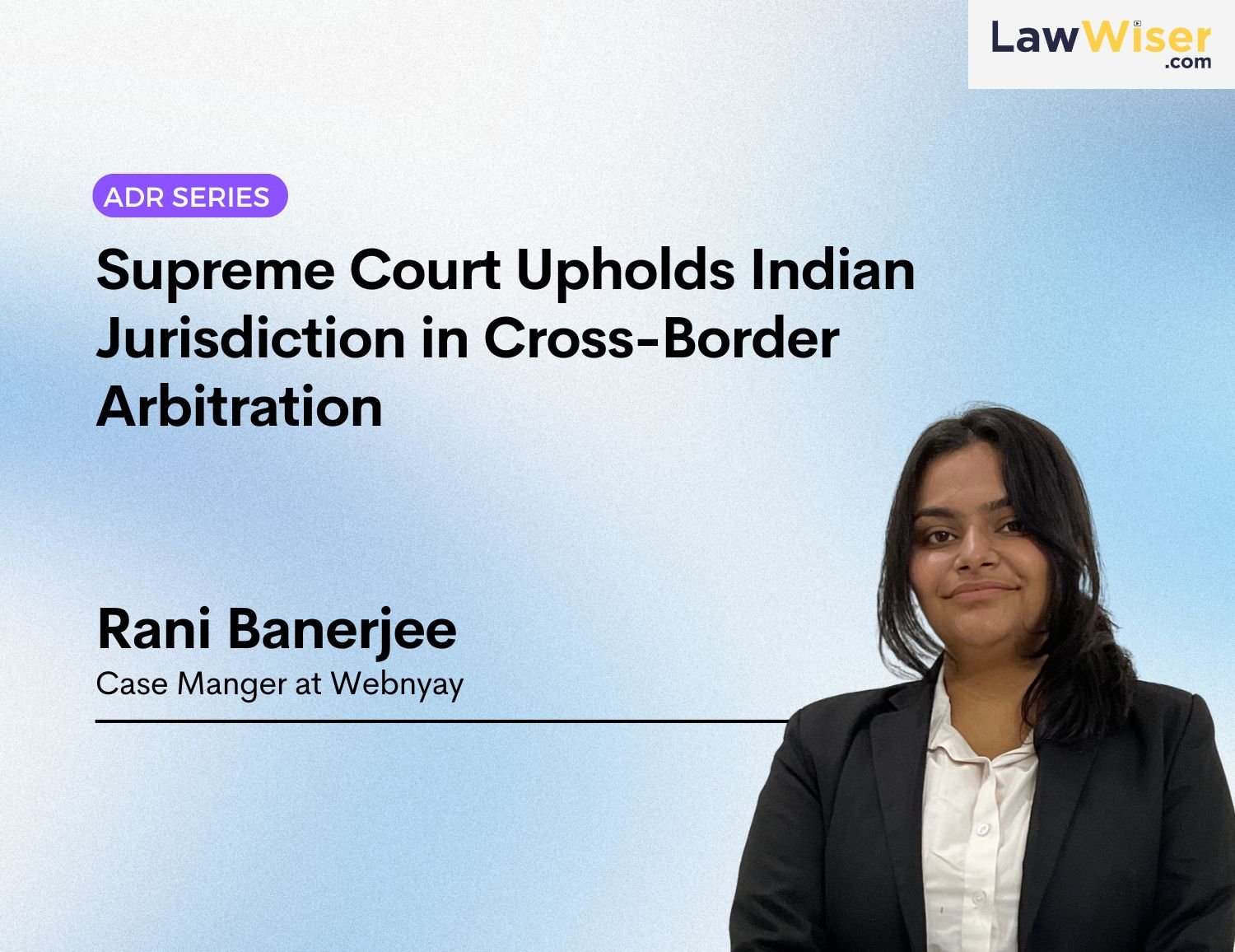The term “felony” is not commonly used in Indian legal terminology; instead, crimes are categorised as cognizable and non-cognizable offences. However, a felony can be understood as a serious criminal offense, analogous to a cognizable offense in India, which includes crimes such as murder, rape, kidnapping, and robbery. These offences are considered severe and warrant stringent legal proceedings, including immediate police investigation without a warrant, as stipulated under the Code of Criminal Procedure, 1973 (CrPC). The Indian Penal Code, 1860 (IPC), outlines various serious offences and prescribes corresponding punishments, which can include long-term imprisonment or even the death penalty in extreme cases. The seriousness of such offences reflects the need to protect public safety and maintain law and order. Felonies, or cognizable offences, often result in rigorous investigations and prosecutions, with the state playing a pivotal role in bringing the accused to justice. The legal framework aims to balance the rights of the accused with the need for societal protection, ensuring a fair and just legal process.
Don’t have an account? Sign Up
Felony
 June 8, 2024
June 8, 2024
Alternate Dispute ResolutionCORPORATELAWPOPULARThe In House Circle ArticleThe In House Circle ArticleTRENDINGUncategorized
Most Read
Alternate Dispute Resolution
No Valid Arbitration Agreement: Calcutta High Court Rejects Request for Arbitrator Appointment
Alternate Dispute Resolution
Supreme Court Upholds Indian Jurisdiction in Cross-Border Arbitration
Alternate Dispute Resolution
Second Chance: Bombay High Court orders fresh Arbitration after earlier award was set aside
Share
Write a Reply or Comment Cancel reply
CONTINUE READING
TWITTER FEED
- Congratulations to @VivekSoodDelhi for being recognised as ‘Emerging Senior Counsel of the Year’ at #UKILP… https://t.co/oHwBtL5geH
- Wishing you a Merry Christmas and a Happy New Year from all of us at LawWiser!#christmaseve #newyears https://t.co/ax6VOHyUcj
- Watch @AvaniShukla27, Associate- Content & Collaborations, LawWiser to learn about the recent landmark verdict give… https://t.co/OZnf0Z9PJr
- We are delighted to share that our Co-founder @LavanyaBehl1 is featured in the 30 people to watch in the… https://t.co/wmMrtvduKk
- Sanjeev Sachdeva has rejoined Luthra and Luthra Law Offices India Leadership team as Mentor and Partner. Read More… https://t.co/7F1M8p4w23
LINKEDIN FEED
- See you tomorrow at LawWiser Sip & Paint event, Co-hosted by Desai & Diwanji. #legal #law #lawfirm
- Wishing you a Happy Republic Day from all of us at LawWiser! #republicday #constitutionofindia
- Catch a glimpse of the vibrant moments from our previous Sip & Paint event.#legalevents #lawfirm #generalcounsel
- Exploring Essential Business Documents! In our latest video, we delved into crucial documents vital for every business journey: https://lnkd.in/d-vYuDDs
- From shaping ethical business practices to ensuring social justice, law plays a pivotal role in our world. Get ready to explore how legal frameworks empower businesses and create positive societal change.#staytuned #legal #lawforchange #changemakers











 April 21, 2025
April 21, 2025 0 COMMENTS
0 COMMENTS



